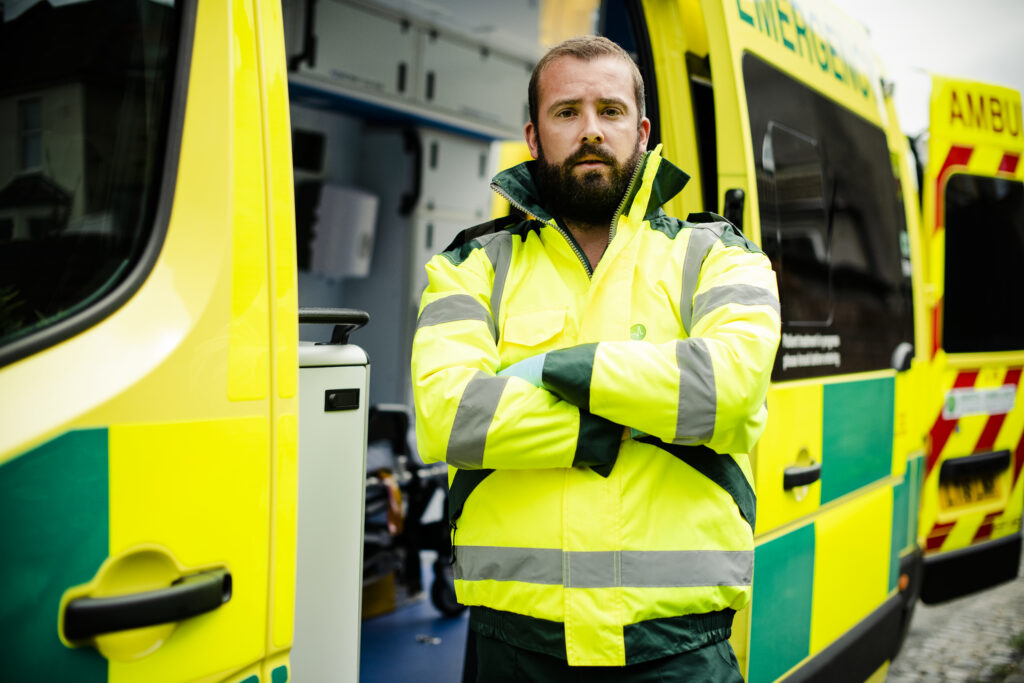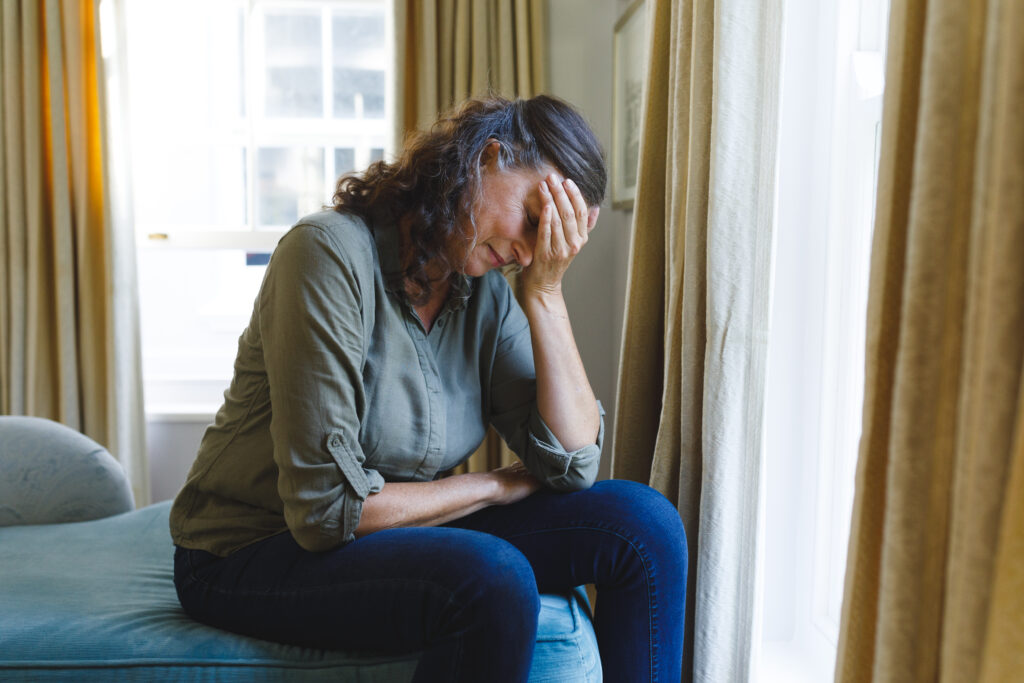Urgent Medical Help
If your life or health may be in danger, call an ambulance on:
- 999 in the UK
- 911 in North America
- 112 elsewhere
In England, contact your local NHS urgent mental health helpline or call the NHS 111 service on 111.
For non-urgent medical help in the UK, contact your local GP or call NHS 111 service on 111 for advice.
If you are in another country, please call your doctor or the local emergency services.

Urgent Emotional Help
If you need someone to talk to urgently and in confidence (for example if you are having suicidal thoughts):
- In the UK or Ireland, the Samaritans can be contacted on 116 123 (24 hours a day).
- In Scotland, you can call 111 and ask for the Mental Health Hub, which is available 24/7
- In the USA, call the 988 Suicide & Crisis Lifeline on 988.
- In Canada, call the Suicide Prevention Service on 1.833.456.4566.
- In Australia, the Crisis Support Service Lifeline is on 13 11 14.
- In New Zealand, the Need to Talk service is on 1737 or 080017371737
These are free, around-the-clock services. They provide people facing a suicidal crisis or emotional distress, or those around them, with support, information, and local resources.
In other countries, you can find similar services by looking at the Befrienders Worldwide website.

Non-Urgent Emotional Help
You can talk to others on the Mental Health Forum. People here will share their own experiences and knowledge and help you find what works best for you. Often, you may need to try a few different approaches to find one which suits you.
Tell someone you trust. You may find it helpful to talk to your partner, a relative or a friend about your problems. They may be concerned about you and welcome the opportunity to hear what you have to say. Or you may prefer to talk to someone else you can trust, like a faith leader or a tutor.
Your GP is usually the first person you talk to about your mental health problems. Your GP may refer you to specialist services. If you are unhappy with your GP, you can ask to see another doctor at the same practice or visit a different practice within your area. Use the NHS Choices ‘Find a local health service’ search.
In the United States, the Federal Government’s SAMHSA National Helpline is a free, confidential, 24/7, 365-day-a-year treatment referral and information service (in English and Spanish) for individuals and families experiencing mental health issues. You can call them on 1-800-662-HELP (4357).
Other Ways of Getting Help
Here is a list of key organisations offering information and support, including helplines and local services for people affected by mental health problems:
In the UK
- Mind offers advice and support to service users. They have a network of local associations in England and Wales. You can call them on 03001233393 or text them on 86463 or email them at [email protected]
- Rethink is a national charity that provides information, advocacy, and local support groups and community services for people with severe mental illnesses and their carers. You can contact them on 03005000927 or by email [email protected]
- Scottish Association for Mental Health operates a range of services across Scotland for people with mental health problems. Their phone number is 0141 5301000 or by email at [email protected]
- Young Minds provides information and advice for anyone with concerns about a child or young person’s mental health. You can speak to their experts on their Parents Helpline on 0808 802 5544.
- You may also find it helpful to contact your nearest Citizens Advice Bureau for advice about housing, benefits, debt problems, legal issues and local services.
Specialist Services in the UK
Most people recover from mental health problems without needing to go into hospital. There are specialist services that provide various treatments, including counselling and other talking therapies. You may also need help with other aspects of your life, for example claiming benefits or dealing with housing problems.
Often these different services are coordinated by a Community Mental Health Team (CMHT). CMHTs are usually based either at a hospital or a local community mental health centre. Some teams provide 24-hour services so that you can contact them in a crisis.
If you are already in contact with a CMHT, you may find it useful to keep their number on your phone. To find out how to contact your local CMHT, call NHS 111.
To find out more, visit the mental health section of the NHS England’s website. In addition, the Northern Ireland Government website has a useful guide to the different roles of mental health professionals.
In the US and Canada
The local 211 services will direct you to appropriate support organisations.

